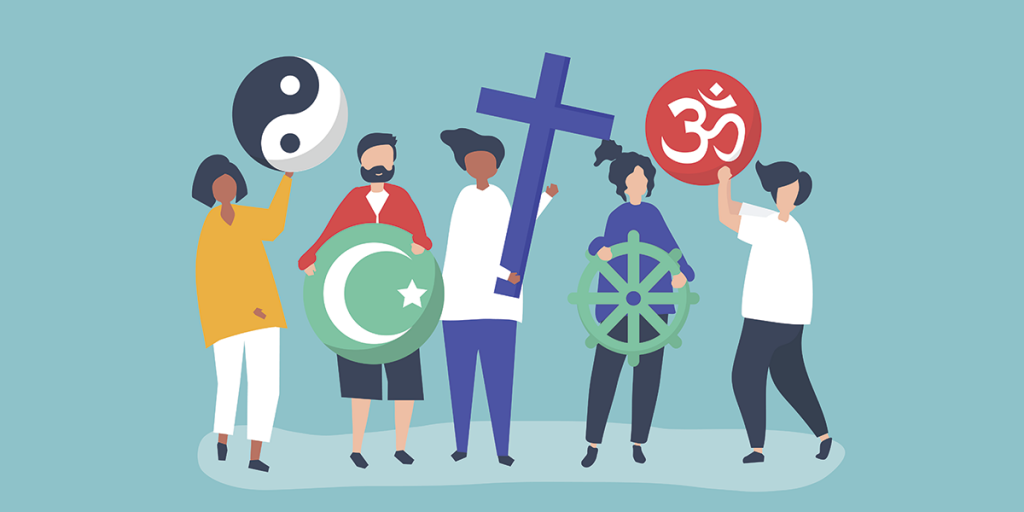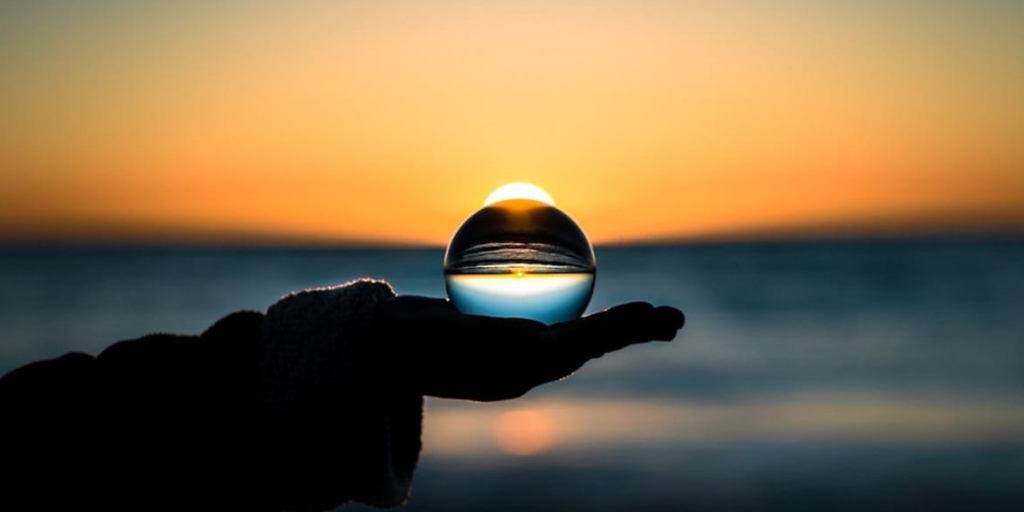The Pursuit of Pleasures
My father arrived in the UK in 1962. He left Pakistan, his family and friends, his whole life with an understanding that the UK would provide greater opportunities for himself and his growing family.
In the early days he worked 6 or 7 days a week, sending money to my mother and saving money in order to pay for my mother and my older siblings to come to Britain.
As a child, we had little in the way of material possessions and I remember watching my father working hard, my mother saving coupons and consistently being frugal with her expenditure.
We didn’t need much and we grew up happy and content.
The lessons I learnt from that time were: If you want something, work hard to achieve it and secondly, happiness was not found in any particular material object.
Fast forward 40 years and what I see around me now is a very different story. Many people seem to have a poor understanding of the value of working hard to achieve their goals. They have an expectation or entitlement for pleasurable things without the necessary dogged and detailed pursuit required to gain them.
Dr Andrew Huberman, an American neuroscientist and tenured professor in the Department of Neurobiology at the Stanford University School of Medicine, talks in an interview 1 about some of the issues behind this.
In this interview he makes 5 key points:
- Pleasure without the requirement of pursuit
- Creating your own internal buffers, as access to pleasures is too easy
- Progressive expansion of things to give your life meaning and pleasure
- Self-regulation – the need for stopping and controlling
- Overconsumption of Dopamine and overstimulation of the brain
I would like to touch on 2 of the key points from his talk. I would highly recommend listening to the interview to learn more.
Dr Huberman talks a lot about dopamine and how it plays a key role in pleasure.
Dopamine is a type of neurotransmitter. Your body makes it, and your nervous system uses it to send messages between nerve cells. Dopamine plays a role in how we feel pleasure. It helps us strive, focus, and find things interesting 2
Pleasure is created by a rise in Dopamine, often called the ‘Feel good drug’
One of the key aspects of Dr Huberman’s talk is gaining pleasure i.e., a rise in dopamine without any real effort on our behalf. We do this by gaining likes and comments on our social media, the use of alcohol or drugs or pleasurable foods like chocolate etc.
The issue with this is that it leads to addictive unhealthy behaviours and most importantly, there is no effort or energy expended to gain this pleasure.
Working hard, striving, failing, finding solutions, having to be self-reliant and self-motivated are vital components in creating individuals who understand and appreciates the value of their lives, especially the material things.
We have often seen people who are brought up in very wealthy families falling into abusive behaviours in a desire to ‘feel’ pleasure as they already have all the material things that take most of us many years to gain.
Society has been leaning towards Instant Gratification i.e., wanting the big house, the big car, a fantastic physique without having to put the effort in to achieve it. The ‘Marshmallow Experiment from the 1970s has shown that instant gratification can lead to detrimental effects in our lives. 3
The discipline of hard work is prevalent in many professions i.e., if you wish to become a top athlete, hours of training and conditioning will be required. How about a top musician, again many hours of learning and practice are needed. Same applies for a Surgeon, a Barrister, any profession really. Sacrifices will need to be made and there will be a need to prioritise e.g. diet and lifestyle changes, missing out on social occasions etc.
In Islam, delayed gratification is inherent with the discipline of 5 daily prayers, fasting and adhering to a particular lifestyle with the one thought of winning the pleasure of Allah.
These disciplines are not easy and the allure of the world is constantly there. However, the continual practice of prayer and developing a closeness to Allah has, personally, become a hugely rewarding and pleasurable experience.
So, the disciplines that we develop in the pursuit of pleasure are vital to give some meaning to the goal we are trying to achieve. So that, when we do achieve our goal there is a sense of satisfaction that effort has been put into this process.
Even with this, there can still be a sense of deflation after achieving a significant goal.
Dr Huberman makes a great point when he says that it is vital that we focus our pleasure on the pursuit of the goal and not just the goal itself. Meaning, the striving and disciplines need to be the pleasurable experience. That way we will not be deflated when we finally reach whatever goal we have set ourselves.
The second key point I wanted to discuss was that of self-regulation. What self-regulation does is help us enjoy pleasures more.
A simple example is, let’s say that eating apple pie and custard was your favourite sweet of all time. What would happen if you ate it every day as opposed to once a year.
The answer is simple for sure, eating it daily would dull the pleasure for us. Having the discipline to wait for a year means that the pleasure of eating it is retained.
Islam, has taught us many disciplines as I mentioned earlier, prayer, fasting being careful to minimise mixed social gatherings etc. These disciplines help us retain a simple joy of eating and drinking, developing a love for winning the pleasure of God by praying and obeying His commandments.
So, self-regulating, keeping disciplines in our lives helps us avoid abusive behaviours and helps us retain the effectiveness of Dopamine in providing us pleasure.
Life coach, trainer, mentor, speaker and author Tony Robbins says:
The truth is, it’s not realistic to get everything you want, much less get it immediately. Instant gratification is actually a source of frustration – it creates false expectations. By learning to employ delayed gratification, you buy time to strategise thoughtfully and learn from your failures. 4
To finish, it is very important to understand that although the pursuit of excellence/pleasures can definitely be a good thing it is vital to remember what it says in the Muslim holy book, The Quran about the purpose of our lives: 5
And worldly life is nothing but a sport and a pastime. And surely the abode of the Hereafter is better for those who are righteous. Will you not then understand? (Chapter 6: Verse 33)
Wealth and children are an ornament of the life of this world. But enduring good works are better in the sight of thy Lord in respect of immediate reward, and better in respect of future hope. (Chapter 18: Verse 47)
Blog based on Voice of Islam Show 6
References:
- Change Your BRAIN By Using These Hacks to Increase Your DOPAMINE Andrew Huberman https://youtu.be/xLORsLlcT48
- What is Dopamine: https://www.webmd.com/mental-health/what-is-dopamine
- 40 Years of Stanford Research Found That People With This One Quality Are More Likely to Succeed: https://jamesclear.com/delayed-gratification
- Tony Robbins: https://www.tonyrobbins.com/achieve-lasting-weight-loss/delayed-gratification/
- The Holy Quran: https://holyquran.site/worldly%20affairs#1:1
- Soundcloud:





